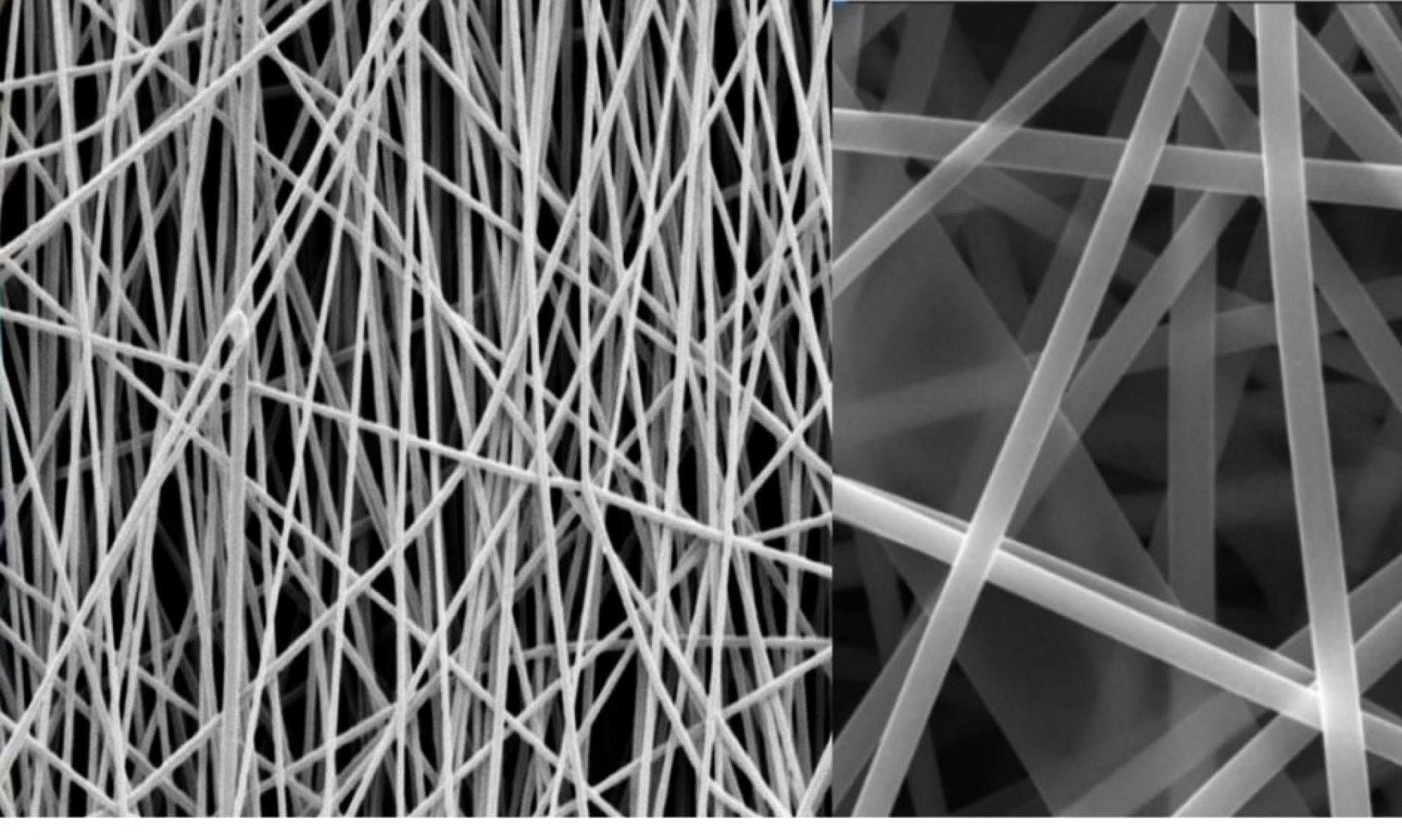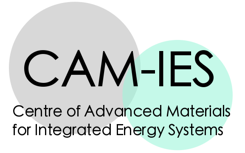The group has been awarded a CAM-IES grant (May 2018-May 2019) to develop new free-standing electrodes for redox flow batteries based on biomass-derived carbons. This project will be conducted in collaboration with Dr. Rhodri Jervis at the EIL, UCL Chemical Engineering Department.
ABSTRACT. Redox flow batteries represent a remarkable low cost and durable alternative for grid-scale energy storage. They often employ carbon felts or papers as the electrodes, but the activity towards the redox reactions are often poor, leading to low operating power densities. Additionally, the complex flow characteristics of the electrodes are often not well understood. This project will synthesise novel electrode structures from sustainable carbon sources via electrospinning, which will allow control of physical characteristics such as porosity, surface area and fibre size, but also to incorporate chemical species that help enhance the kinetics of the redox processes. Advanced x-ray imaging will provide a unique insight into the microstructural properties of the electrodes, and electrochemical testing in a full flow battery system will help identify new materials that will lead to improved flow battery performance and durability. The project will take advantage of already existing expertise and equipment at UCL and QMUL and will look to provide a proof of concept as a springboard for further funding and research. The rapid feedback of characterisation into the synthesis of the electrodes will allow expedited identification of desirable chemical and structural properties for the next generation of flow batteries.


